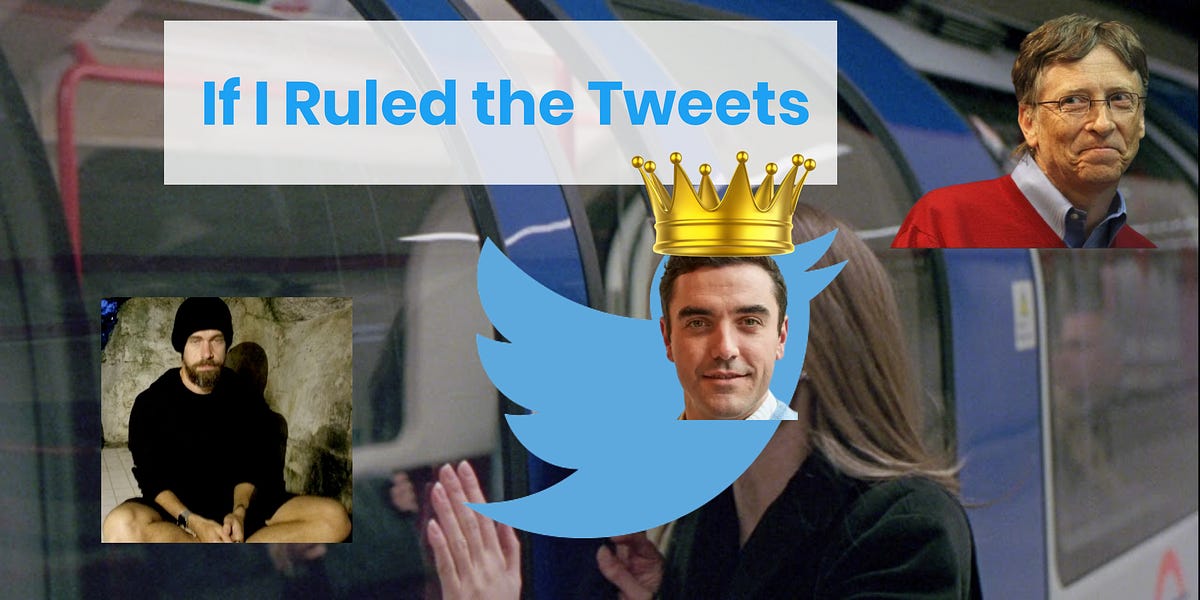Sublime
An inspiration engine for ideas
Postman believed that technological change tended to shape every aspect of the world around us, and that its danger was that it would set the boundaries for our thinking. The major risk Postman identified is that we might begin to accept technology as a part of nature, as though it were the inescapable way of things. We have to remember that these ... See more
Will Wright on Designing User Interfaces to Simulation Games (1996) (2023 Video Update)
donhopkins.medium.com
The Utopia of Rules: On Technology, Stupidity, and the Secret Joys of Bureaucracy
amazon.com

Gamification once promised to create a better society, but it’s now used mainly to addict people to apps. The gamifiers, like Skinner’s pigeons, prioritized immediate rewards over delayed ones, so they gamified for the next financial quarter and not for the future of civilization.
Gurwinder • Why Everything Is Becoming a Game

we can use games to communicate forms of agency.
C. Thi Nguyen • Games: Agency As Art (Thinking Art)
When Hiro learned how to do this, way back fifteen years ago, a hacker could sit down and write an entire piece of software by himself. Now, that’s no longer possible. Software comes out of factories, and hackers are, to a greater or lesser extent, assembly-line workers. Worse yet, they may become managers who never get to write any code themselves
... See moreNeal Stephenson • Snow Crash: A Novel
While a return to what is essentially piecework in the place of waged labor seems to promise a salve against white-collar malaise, it opens up another set of problems. Work Without the Worker, a new book by labor researcher Phil Jones, tries to make sense of the rise of “microwork,” best exemplified by platforms like Amazon’s Mechanical Turk (MTurk... See more